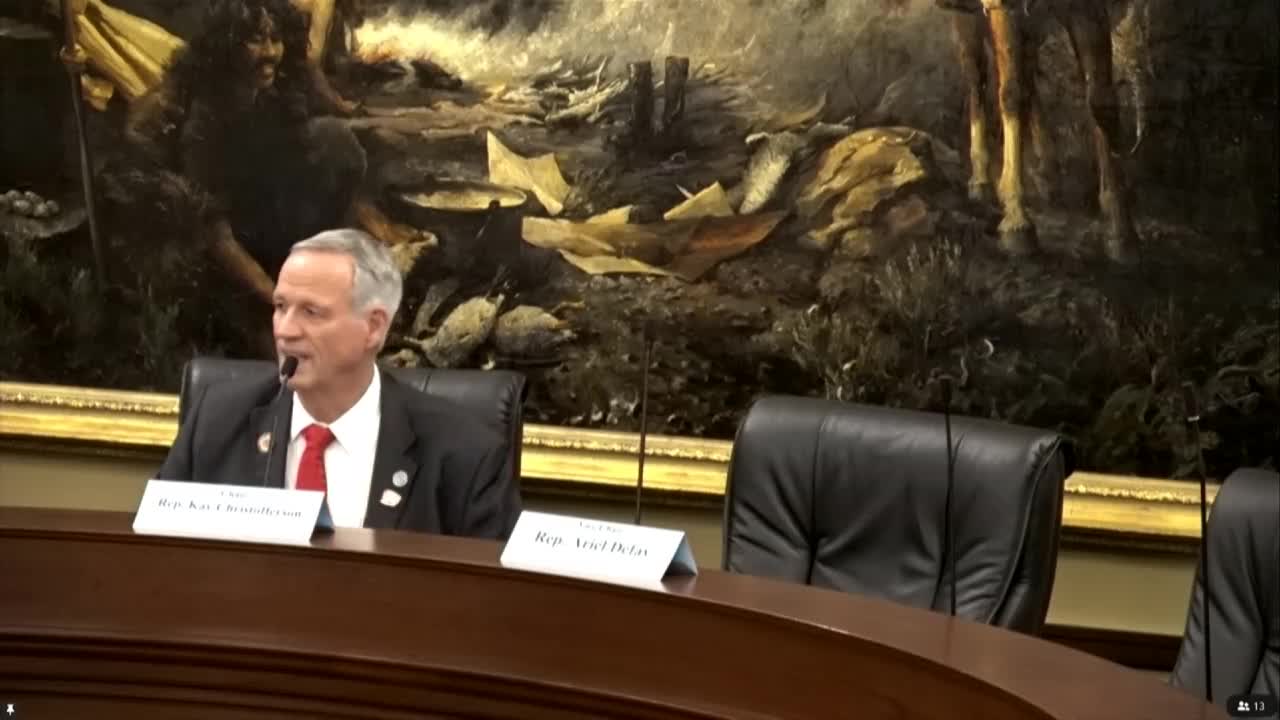Article not found
This article is no longer available. But don't worry—we've gathered other articles that discuss the same topic.
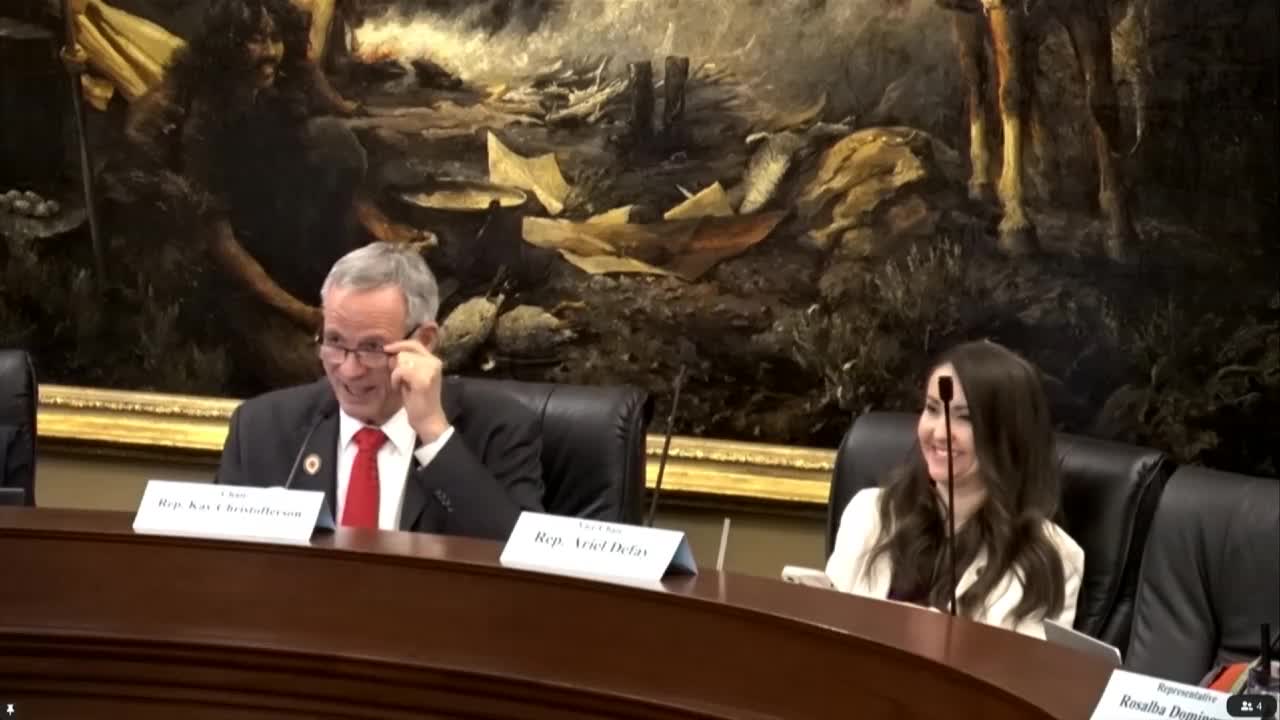
Committee approves technical fix to add two parks to state park road fund eligibility
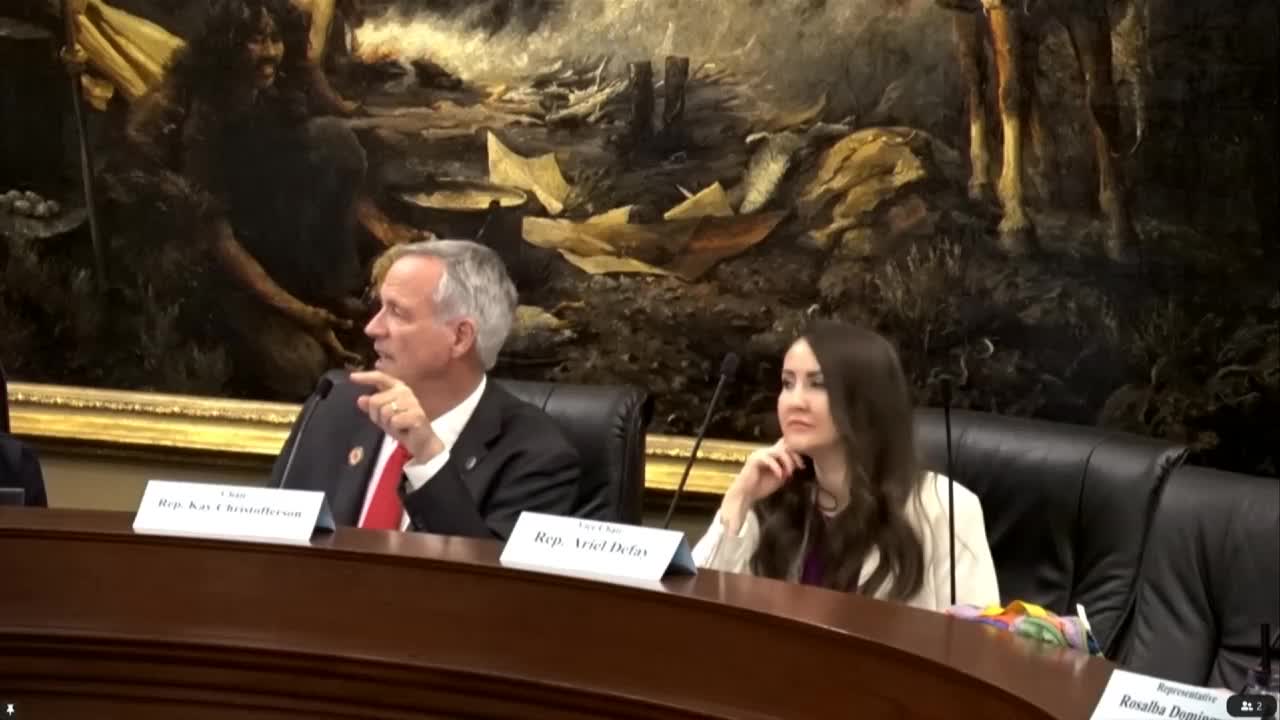
Committee advances substitute aligning Utah vehicle weight classes with federal classifications
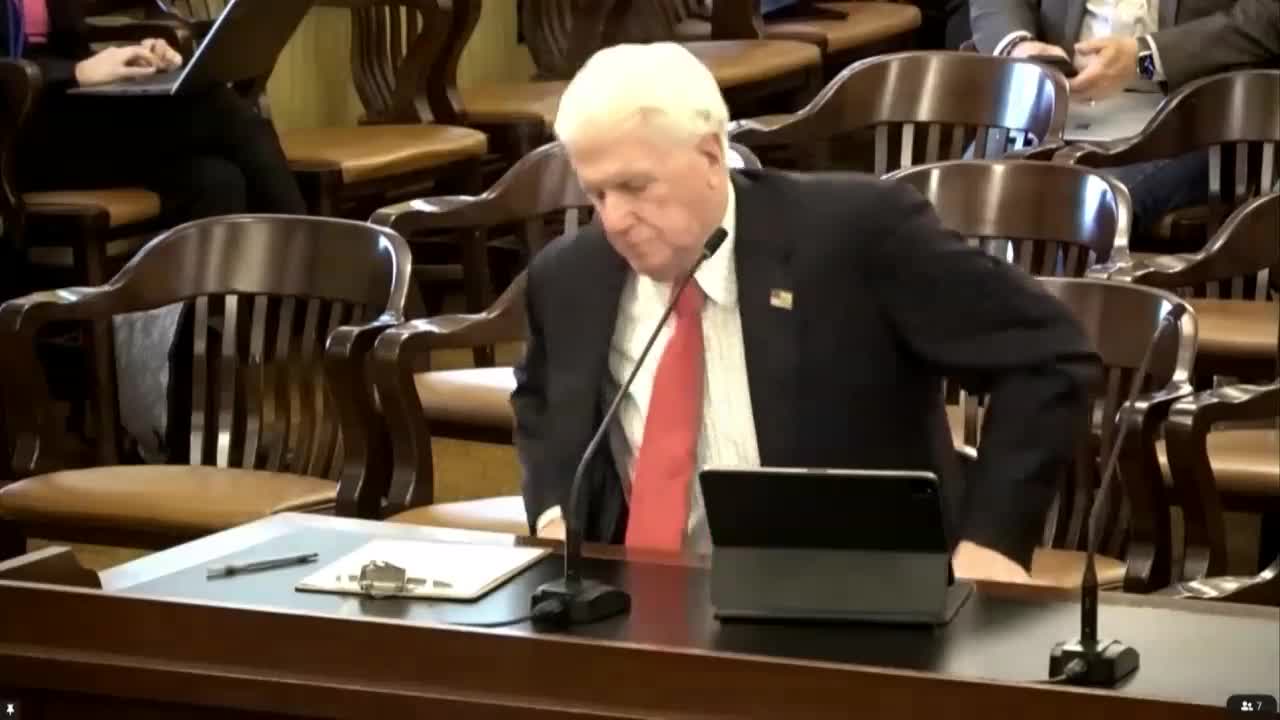
Committee forwards bill aligning state CDL checks with federal clearinghouse
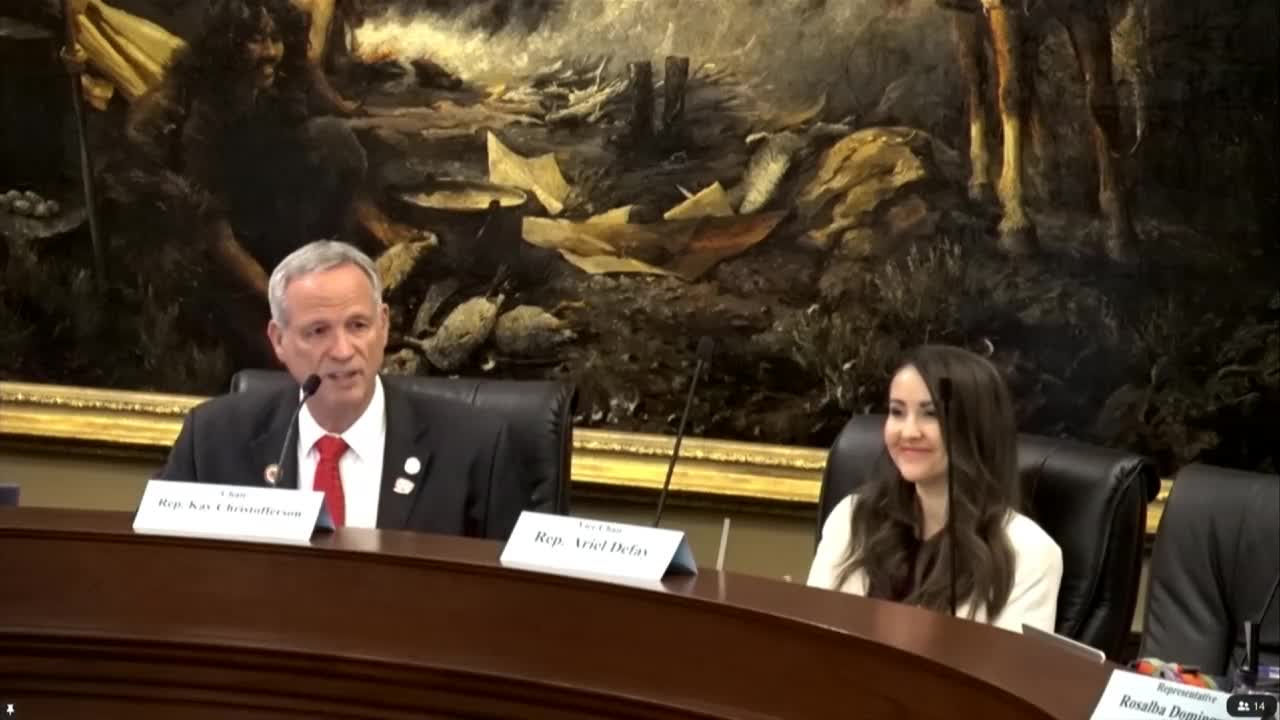
Committee holds bill that would allow one non‑parent passenger and authorized adult supervisors for learner drivers
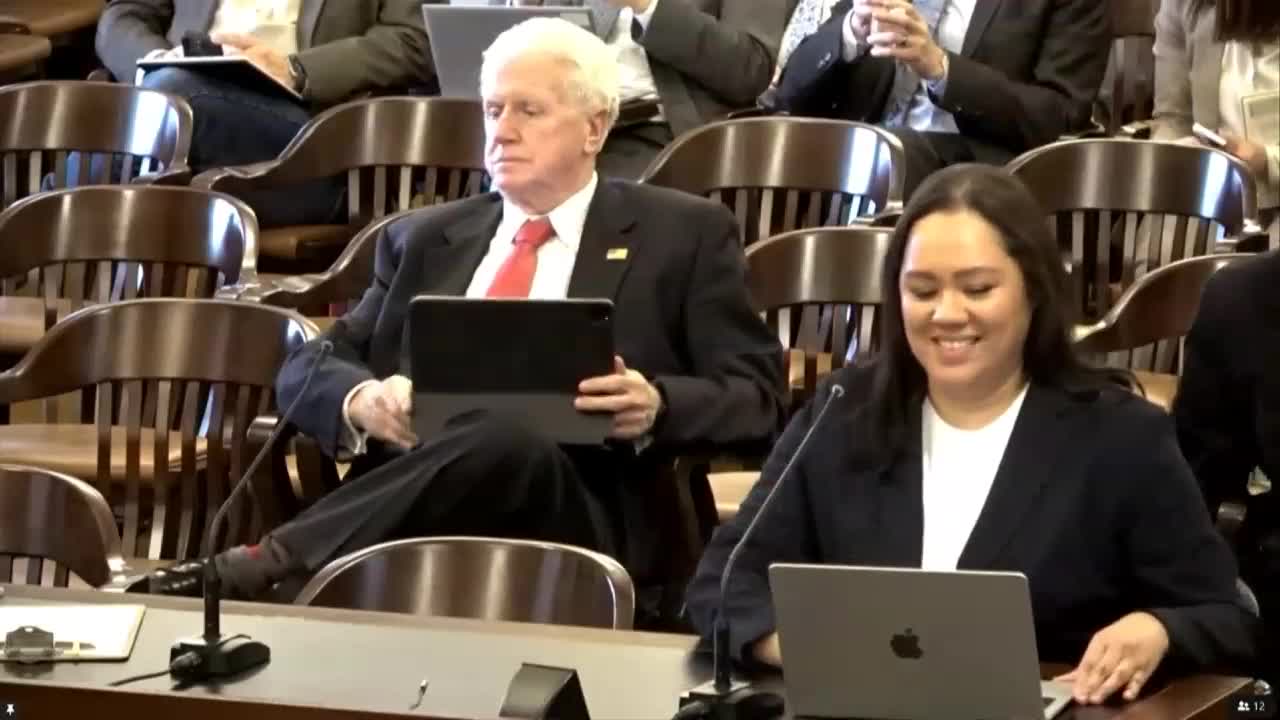
Committee advances statewide ban on parking or driving in bike lanes with exceptions for essential services
